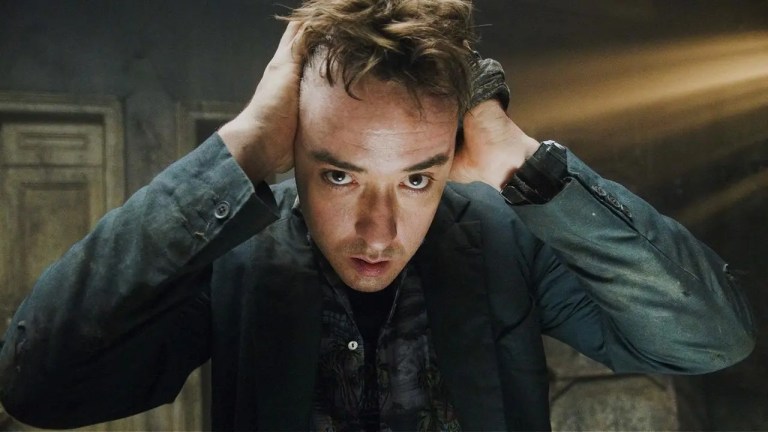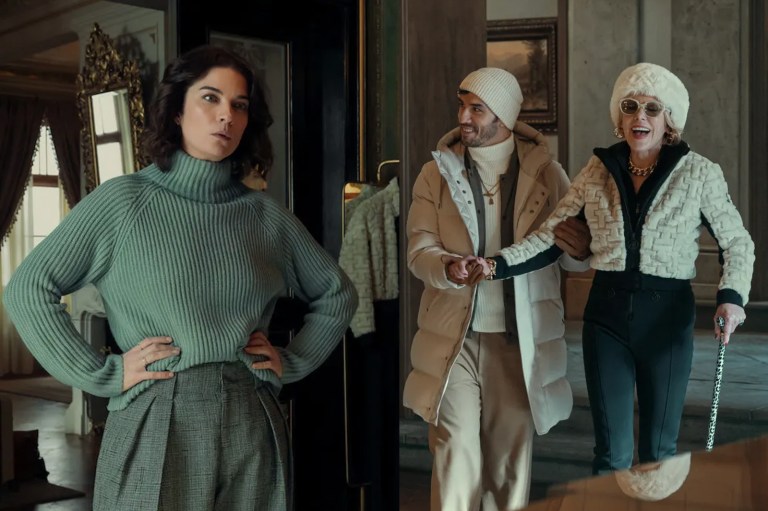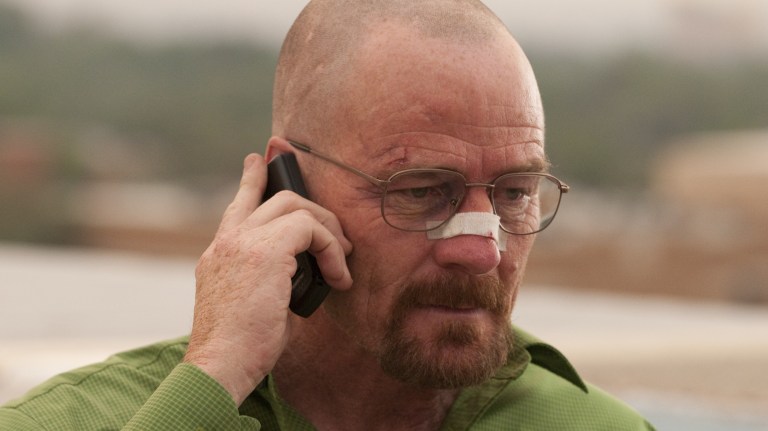
What No One Tells You About Losing Your Father
After a while, you just wish someone will ask you if you’re okay, so that you can say no.

The first thing that someone texted me when my father died was, “welcome to the club, it is the worst club to be in.” I sat down and really attempting to figure the motivations behind that message, other than the fact that we both had lost a family member.
I didn’t think, wow, they must really know what I am going through, or I really feel like there is solidarity between us. In a culture that teaches us that texts, words of affirmation, gift cards, money and flowers are appropriate responses to death, I really should have felt grateful, but I felt angry that one would assume that anyone would feel the same way I was feeling in that very moment.
They say that grief occurs in five stages, denial, anger, bargaining, depression and acceptance. Whoever concluded this statement definitely didn’t understand the complexities of my own feelings. I feel like I immediately accepted the death, and then after a short stage of complacency, there had been a continuation of the worst emotions associated with grief. Something I have learned in this process is that there are many things no one tells you about when grieving the death of a family member.
No one tells you that you will consistently feel an intense wave of anxiety and depression when it comes to losing interpersonal connections. Recently, I had disappointed two friends of mine in the span of two weeks and I nearly killed myself. I remember vividly sitting in the corner of the bathroom and dry heaving because I was sobbing so profusely.
I kept thinking, if I could just stop loving people all together, no one could really leave me ever again. I also noticed that the way I communicated with others involved more effort. It is so difficult to empathize with others when you haven’t truly given yourself the love and acceptance you need to move forward. When my close friends would come to me with issues, the inside of me would be screaming, hey! I’m here and I am hurting so bad. This cycle eventually makes you feel guilty, like, you are too selfish and single minded for friends, so then you begin to cut them out of your life, one by one, never really understanding the repercussions of doing so.
No one tells you that your experience with grief is never truly compatible with another’s experience with death. Unlike many who lose a family member they were close to, my father left this earth while I still had a lot of unsaid disappointments, feelings, apologies and words of affirmation to give to him.
When I saw his body laying the casket, it had been the first time in 6 years since I had seen him in person. I couldn’t look or touch him without bursting into tears because I had felt like I was undeserving to hold him in my arms and apologize for never having a close relationship with him. I wondered if he would have even wanted me there, grieving for him in that circumstance. You will stay up late talking your ceiling, repeating, I’m sorry until you feel completely and utterly foolish for doing so.
No one tells you that everyone forgets that you are grieving after a few months.
After posting a Facebook status about your loved one, everyone, including people you never speak to, will flood your news feed and inbox, suggesting that they will always be there to talk. However, after a few months, when the pain has lingered, festered and transcended into depression, no one will remember. No one will watch they say about their family. I recently had someone, who had sent me a Facebook message, sympathizing with me about my father, tell me how upset they are for not being able to see their mother for 30 minutes.
Another person, who also claimed that they were there for me, tell me that I didn’t understand what it was like to lose someone after a breakup. You don’t want to lose them, but you also don’t have the emotional capacity to be empathetic. You will stare at them and have no idea what to say, you will nod your head, walk home and repeat the cycle of sitting in your bathroom and crying. No one will ever ask you about how you’re feeling after a few months. You will bring it up a subtle way and sometimes they will even roll and treat you like an inconvenience, or worse will express empty condolences and treat you like the person they think you still are.
These concerns are not an active desire for pity or special treatment, I just wish people would understand the ways in which death completely changes your relationship and communication styles. After death, the person you once were becomes a vacant aperture that you attempt to refill with emotions associated with happiness, love and compassion. After a while, you just wish someone will ask you if you’re okay, so that you can say no. ![]()











